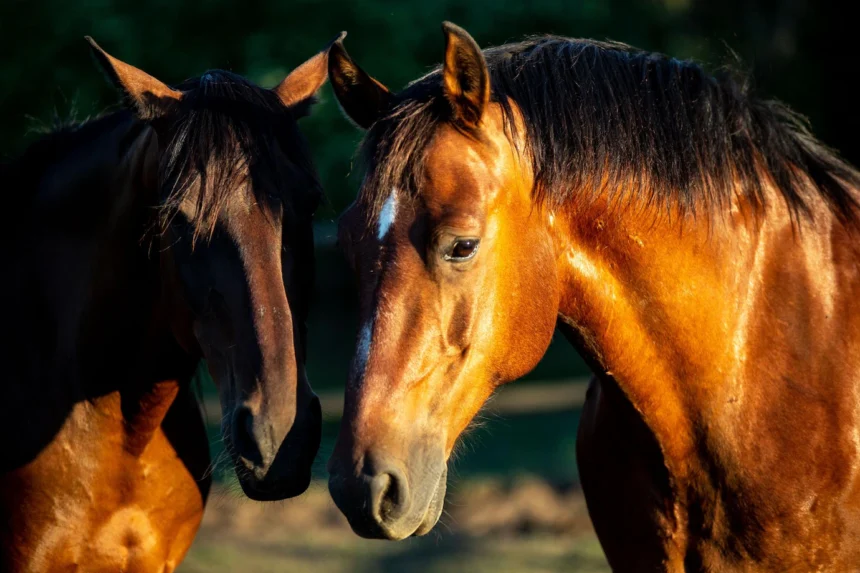If you’re considering starting an equine business in South Africa, there are several key factors you should be aware of. Here are 10 things you should know about starting a horse-related business in South Africa:
- Market Research: Conduct thorough market research to understand the demand for your specific equine business. Identify potential customers, competitors, and market trends to develop a viable business plan.
- Business Plan: Create a comprehensive business plan that outlines your goals, target market, marketing strategies, financial projections, and operational details. This plan will serve as a roadmap for your business and help secure funding if needed.
- Regulations and Permits: Familiarize yourself with the relevant regulations and permits required to operate an equine business in South Africa. This may include permits for breeding, training, importing/exporting horses, or running a riding school.
- Location: Choose a suitable location for your business. Consider factors such as accessibility, proximity to potential customers, availability of land or facilities, and zoning regulations. Ensure that the property is well-suited for horse care and management.
- Facilities and Infrastructure: Depending on your business model, you may need to invest in appropriate facilities such as stables, pastures, arenas, tack rooms, and riding trails. Ensure that the infrastructure meets the necessary safety and animal welfare standards.
- Horse Care and Welfare: Ensure that you have the necessary knowledge and experience in horse care, health, and welfare. It’s crucial to prioritize the well-being of the horses under your care and maintain high standards of animal husbandry.
- Financial Considerations: Starting and running an equine business can be capital-intensive. Consider the costs associated with acquiring or breeding horses, maintaining facilities, purchasing equipment, hiring staff, marketing, and ongoing operational expenses. Develop a realistic financial plan and explore funding options if required.
- Insurance: Obtain appropriate insurance coverage for your business to protect against potential risks such as property damage, liability claims, or injury to customers or horses. Consult with insurance providers who specialize in equine-related coverage.
- Marketing and Promotion: Develop a marketing strategy to create awareness and attract customers. Utilize various channels such as online advertising, social media, participation in horse shows or competitions, and collaborations with local equestrian communities.
- Networking and Industry Involvement: Get involved in the local equestrian community and establish connections with fellow horse enthusiasts, trainers, breeders, and other professionals in the industry. Attend industry events, join associations, and participate in educational programs to expand your knowledge and network.
Remember that starting an equine business requires dedication, passion, and a strong understanding of the industry. It’s essential to continuously learn, adapt, and provide excellent services to succeed in this competitive field.
Join 'Farmers Mag' WhatsApp Channel
Get the latest Farming news and tips delivered straight to your WhatsApp
CLICK HERE TO JOIN






